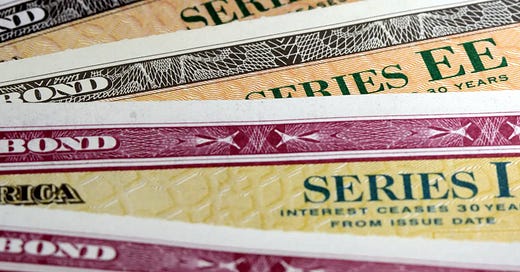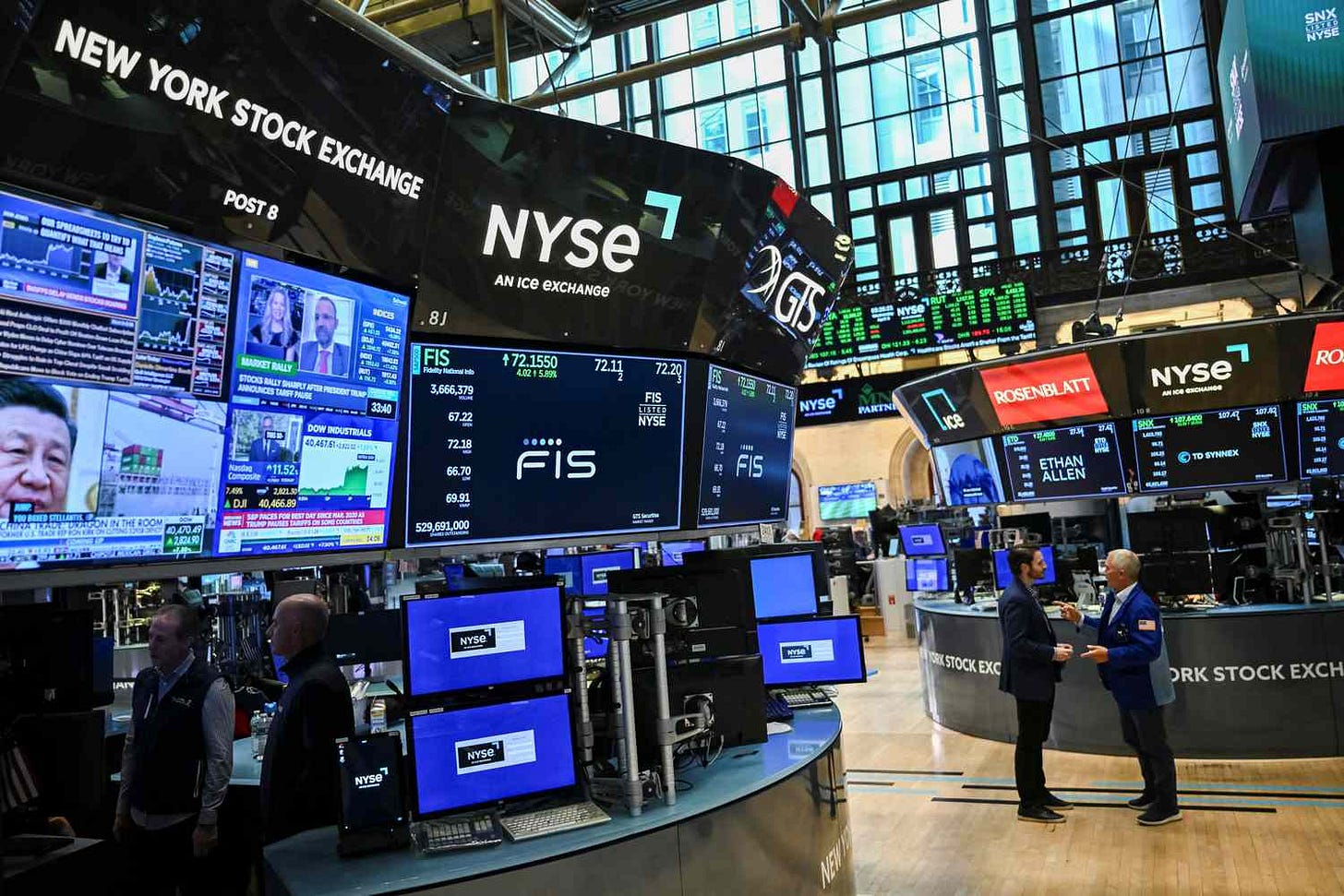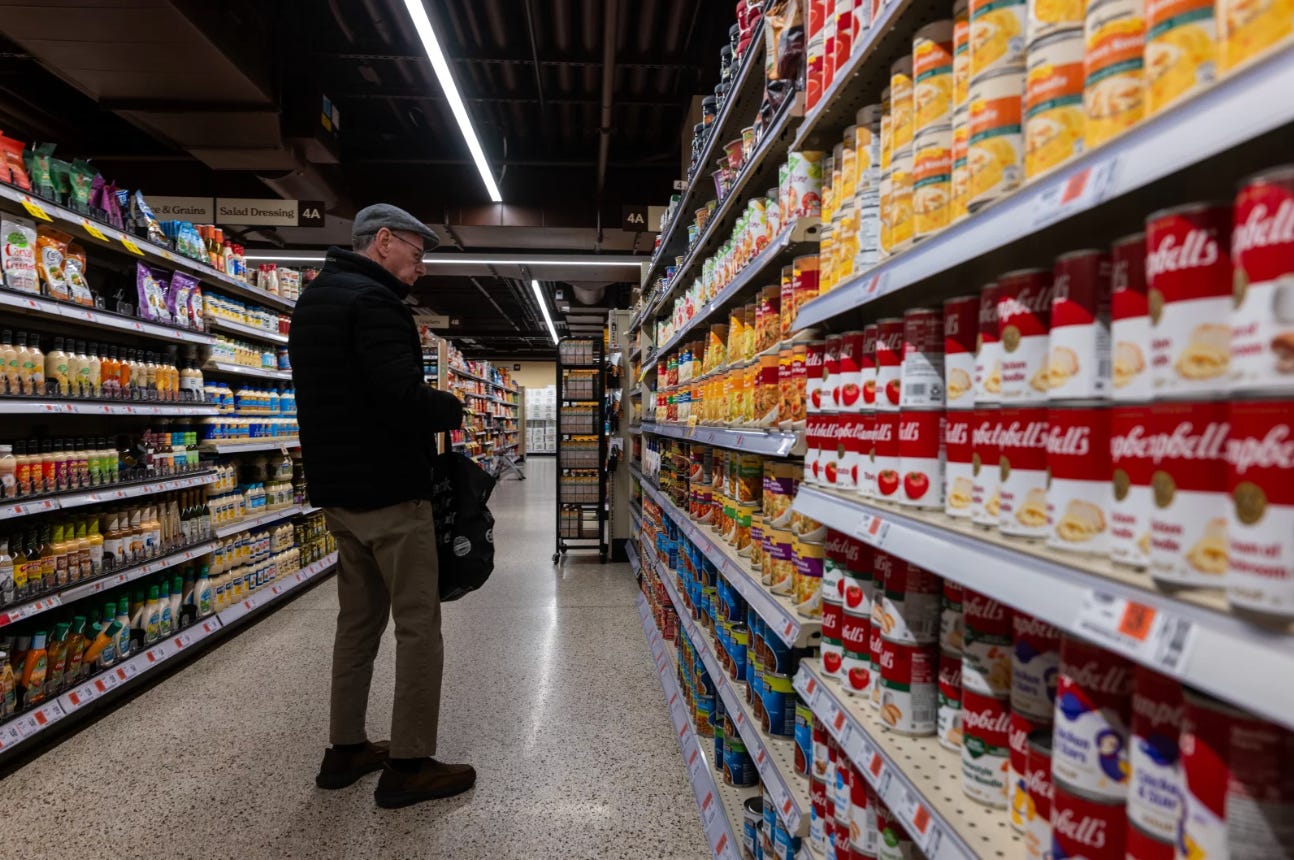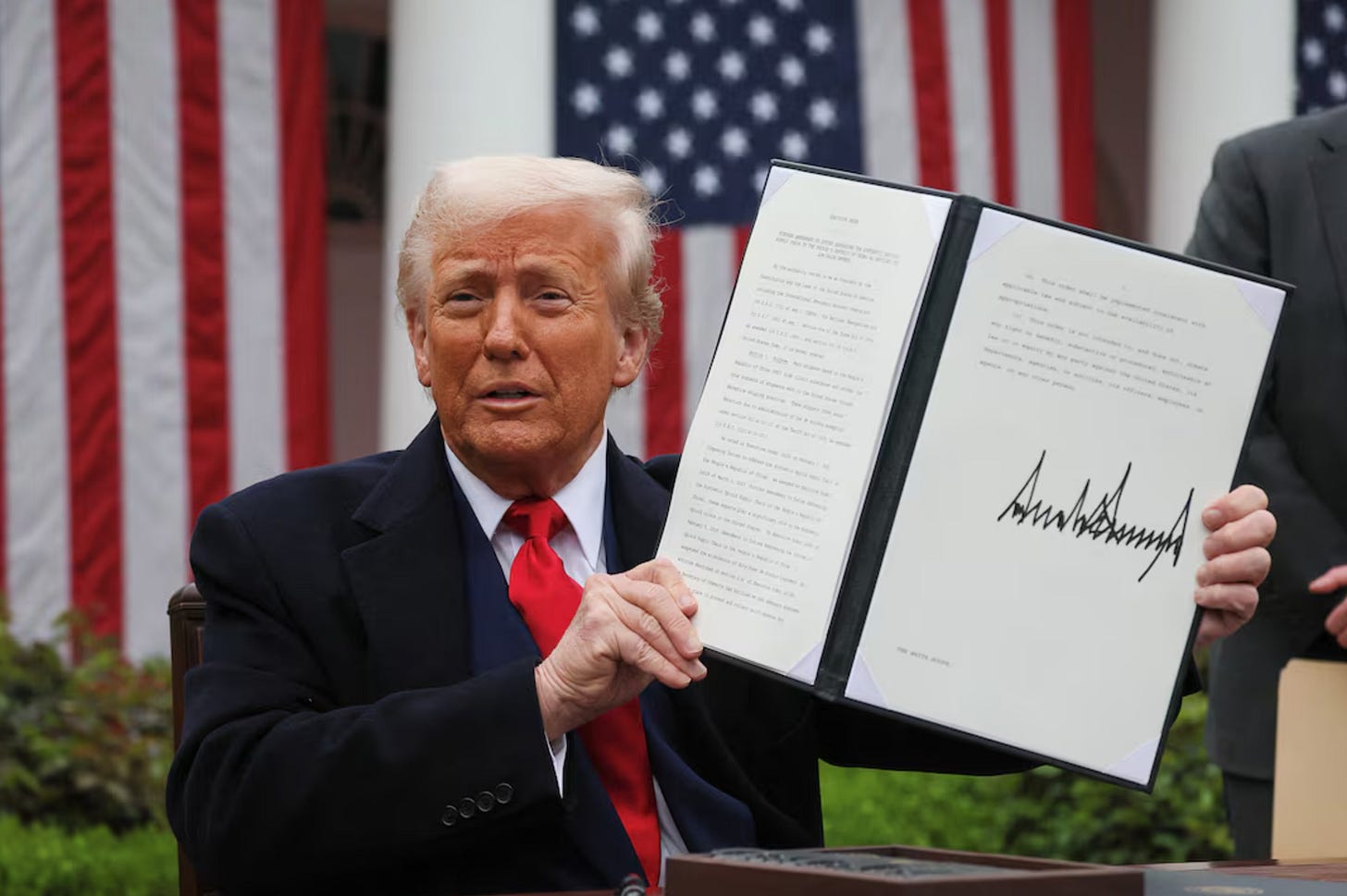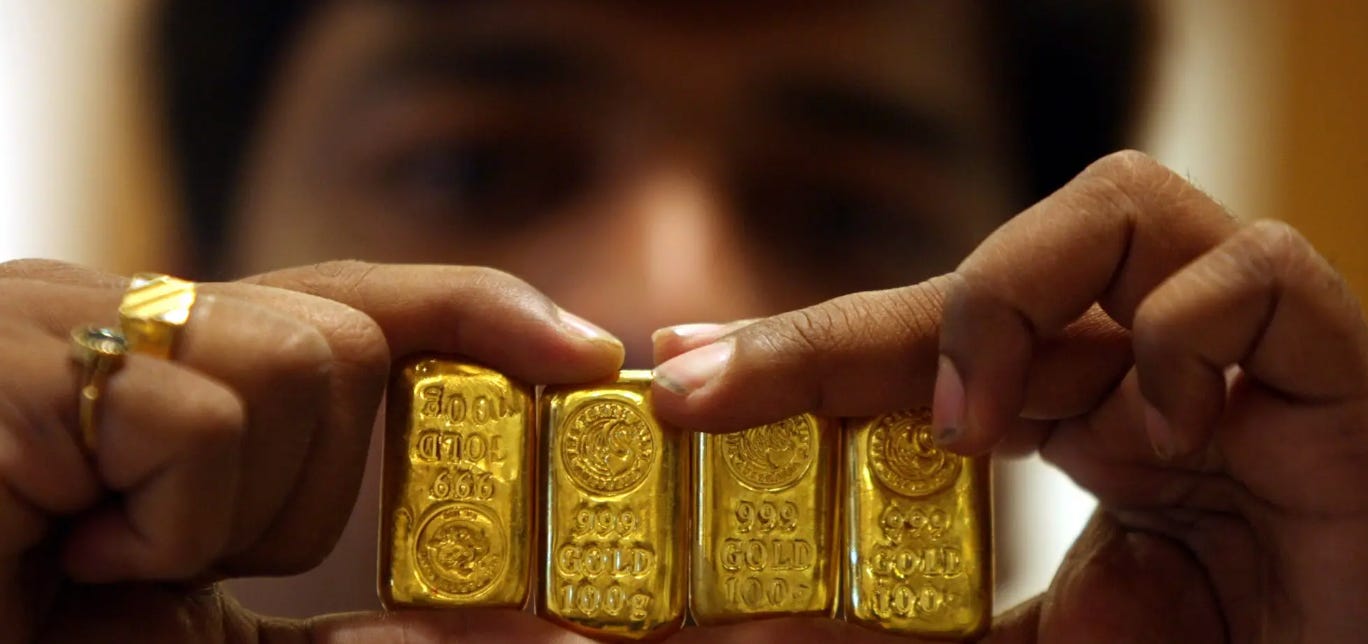Gold Is Soaring, Treasury Bonds Are Crashing — What Does It All Mean?
One of the safest bets in the world is no longer safe — and it’s costing you.
The bedrock of the global financial system trembled this week, and Americans are about to feel it in their wallets. US Treasury Bonds – the foundation of America's ability to borrow money affordably – are experiencing one of their most dramatic selloffs in decades.
It's a common misconception that the US simply calls up other countries to borrow money. In reality, the government sells Treasury Bonds – essentially IOUs that promise to pay investors back with interest. For decades, these bonds have been considered the world's safest investment because the US has excellent credit, has never missed a debt payment, and has been the global financial leader.
But this week, something unusual happened. The interest rate (or "yield") on a 10-year Treasury note surged roughly 50 basis points – meaning the US government suddenly has to pay significantly higher interest rates to borrow money. (One basis point is equal to 0.01%.) This directly affects you because these rates determine what you pay for:
Mortgage rates
Car loans
Credit card interest
Student loans
Small business loans
Simply put: when the government pays more to borrow, so do you.
Foreign investors are losing faith
Unlike market panics triggered by external factors – like the global pandemic or the 2008 housing crisis – this financial turmoil stems directly from policy choices: President Trump's sudden implementation of sweeping tariffs, particularly the staggering 145% levy on Chinese imports. While some tariff increases have been paused for 90 days, the damage to investor confidence appears more lasting.
Typically, when the stock market tumbles (as it did when these tariffs were announced), investors flee to the safety of US Treasury Bonds, where they know their money will be safe from the volatility of stocks. This time they are not only fleeing the stock market, but selling off US bonds simultaneously – a rare and troubling pattern that suggests deeper concerns about America's financial system itself.
“US government bonds were the safe-haven investment for the world's investors because they were seen as the rock in a turbulent world,” explains Paul De Grauwe, a professor at the London School of Economics. “Now the US. government is the preeminent source of turbulence and unpredictability. No wonder investors are looking for another rock.”
Reports indicate that foreign governments, including China with its $760 billion in Treasury holdings, are considering selling off US Treasury Bonds as well. When foreign investors sell US bonds, it signals growing concern about America's ability to manage its finances and function properly.
American global economic leadership has been supported by “alliances, faith in US. debt, and the independence of the Federal Reserve,” explains economist Ernie Tedeschi at Yale's Budget Lab. These pillars “were all built on trust that took decades to build,” but could be “decimated, taking decades more to rebuild.”
Think of it like your personal credit score. If you make erratic financial decisions, lenders become nervous and charge you higher interest rates. The same is happening to the US government – and those higher rates trickle down to everyday Americans.
Consumer confidence plummets as prices rise
The uncertainty created by on-again, off-again tariffs is already affecting consumer behavior. The closely-watched University of Michigan's consumer sentiment index shows consumer confidence fell for a fourth consecutive month, plunging to its second-lowest level in more than 70 years. The 11% decrease from March represents one of the sharpest declines on record.
This anxiety is creating a two-sided problem. First, there is so-called panic buying: People are rushing to purchase goods before prices rise. Apple saw spending surge 20% in early April compared to recent months. Grocery purchases of canned vegetables jumped 23% and instant coffee 20% in the five days following Trump's April 2nd tariff announcement.
Second, there's the potential for a future spending freeze. “When I talk to companies, they're more worried that people are not going to buy,” notes Simeon Siegel, a retail analyst at BMO Capital Markets, a large, respected investment bank known for their market insights and research.
Economists sound the alarm
Economists fear the domestic fallout from the tariffs could eventually push the economy toward recession. JP Morgan has raised its probability of a U.S. recession from 40% to 60%, warning that American policy is “tilting away from growth.”
In a recent interview, former Treasury Secretary Larry Summers explained how tariffs hurt American manufacturers rather than helping them, because the materials they need to import to be able to manufacture in the United States become more expensive, and thus, less competitive.
For example, a company making washing machines in America must pay more for imported steel due to tariffs, making their product more expensive for consumers.
“This is the worst self-inflicted wound through economic policy since the Second World War,” Larry Summers said. “It's wrong on competitiveness, wrong on unemployment, wrong on inflation, wrong on uncertainty.”
Summers suggested that the real winner isn't America but its chief rival: “The person who has a really artful deal here is Xi Jinping and China, who is seeing scope for influence, scope for new markets, scope to displace the United States of a kind they could not have imagined as a result of the policies that we are pursuing.”
From global markets to kitchen tables
For over 70 years, America has enjoyed what analysts call “US exceptionalism” in global finance – a unique position that has kept the dollar strong and borrowing costs low. This status is now in jeopardy.
Gold, traditionally seen as an investment that protects against instability, has gained 17% since the start of the year, outperforming both Treasury Bonds and the US Dollar. The fact that investors are buying more gold signals a profound shift in global confidence: does the United States remain a reliable steward of the world’s reserve currency, a position that has given Americans cheaper imports, lower interest rates, and greater global purchasing power for decades?
For Americans hoping simply for stable prices and predictable financial planning, the tariff uncertainty creates real costs. It's not about politics, but about how erratic policy shifts translate to higher prices at checkout counters, more expensive loans, and potentially lost jobs if the economy slides into recession.
When the world loses faith in America's financial foundation, we all pay the price.


